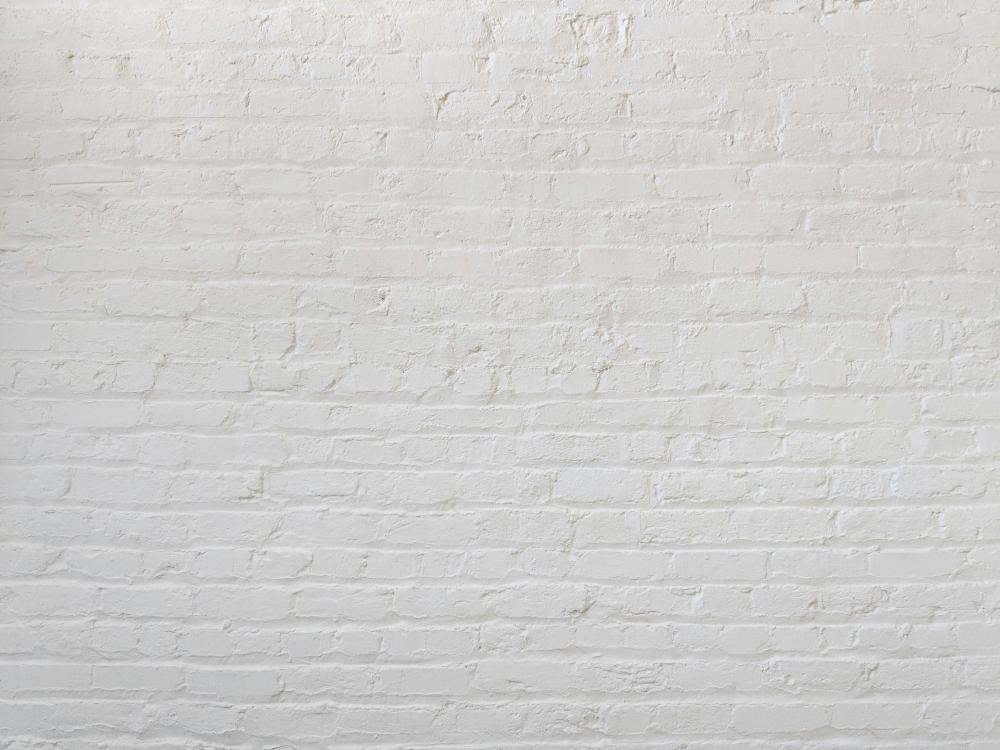Limits

March 5, 2025
In media theory (and a variety of other theories, too) there’s a set of concepts referred to as affordances and limitations. Cut down to their essence, they point to how any system, any technology, really any phenomenon has certain affordances (things it allows us to do) and limitations (things it doesn’t allow us to do).
Most of us tend to try to maximize our affordances. We look for the best X with the most optimized Y. What I notice, though, is that I tend to do my best work, in whatever area, when I set good limits.
- A seven-day sesshin (an intensive Zen meditation retreat carried out in silence) is a set of imposed limitations changed my life.
- In physical fitness, I have to constantly remind myself that I make my best progress when I strip back to the essentials and follow a goal, rather than try (and fail) to do everything all at once.
- I’ve been using a small set of hardware to make electronic music (a sampler, a drum machine, a small modular synthesizer setup, and a delay/reverb pedal) rather than a computer, forcing myself to be creative within those limits.
- When I do use my computer, I’ve recently embraced GNU/Linux and Emacs, attempting to do as much of my tasks as I can with those “limited” tools. In doing so, I’ve learned more about computers, more quickly, than I ever have. And I’ve realized how unnecessary most of my life-with-computers has been.
My takeaway: limitations, when I impose them intentionally, are the real affordances.